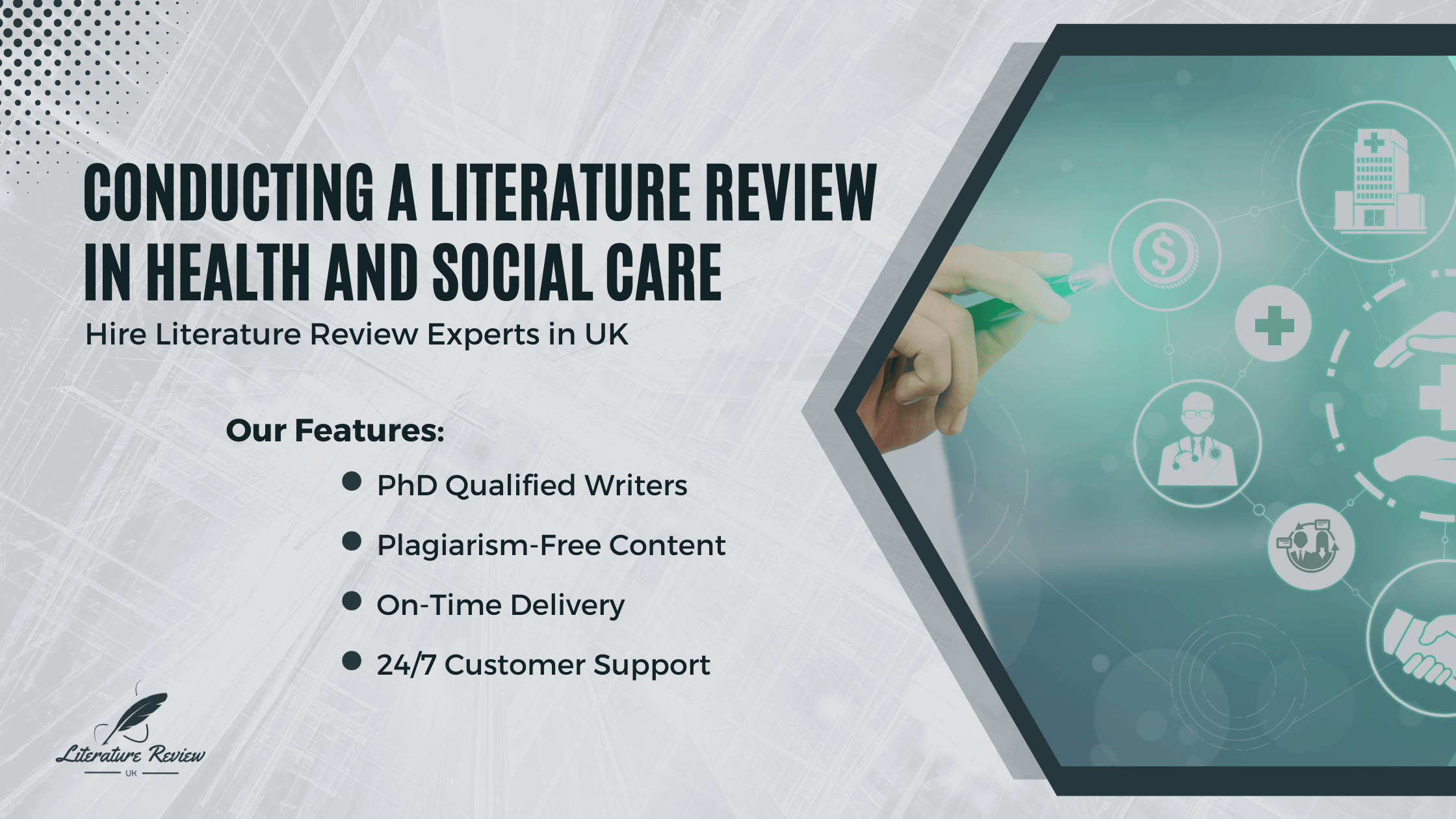
In the realm of health and social care research, the literature review is an indispensable tool. It is the compass that guides researchers through the vast sea of existing knowledge, helping them navigate the complexities of their chosen field. Helen Aveyard, a revered figure in this domain, has authored a seminal work, “Doing a Literature Review in Health and Social Care,” which serves as a beacon for researchers seeking to excel in this critical aspect of their work.
In this comprehensive guide, we will explore the art of conducting a literature review in health and social care, drawing inspiration and wisdom from Helen Aveyard’s expertise. Whether you are a seasoned researcher or a novice embarking on your academic journey, this guide will equip you with the knowledge and tools to navigate the intricate world of literature reviews in health and social care.
Understanding the Crucial Role of Literature Reviews in Health and Social Care
Before we delve into the specifics of conducting a literature review, let’s establish the significance of this research component:
- Knowledge Synthesis: A literature review in health and social care serves as a comprehensive synthesis of existing research and knowledge related to a specific topic. It provides the researcher with a comprehensive understanding of the current state of knowledge in their chosen field.
- Evidence-Based Practice: In the realms of healthcare and social work, evidence-based practice is paramount. A well-executed literature review forms the foundation for making informed decisions in clinical practice, policy development, and research design.
- Critical Analysis: It offers a platform for demonstrating critical thinking and analytical skills. Researchers are tasked with assessing the quality, relevance, and credibility of research studies included in their review.
- Contextualization: A literature review contextualizes the researcher’s work within the broader landscape of their field. It helps readers understand the significance of the research and its relevance to current challenges and trends.
Now, let’s explore how to conduct a literature review in health and social care, with insights drawn from Helen Aveyard’s renowned work.
1. Start with a Clearly Defined Research Question
Helen Aveyard emphasizes the importance of starting your literature review journey with a well-defined research question. This question will serve as your North Star, guiding your search for relevant literature.
- Application: As you embark on your literature review in health and social care, take the time to formulate a precise research question. Ensure that it is aligned with the specific healthcare or social care issue you are investigating.
2. Systematic Search Strategies
Aveyard’s approach to literature reviews advocates for systematic search strategies. This methodical approach ensures that you capture all relevant sources and maintain transparency in your research process.
- Application: In the realms of healthcare and social care, systematic and thorough research is highly valued. Apply Aveyard’s systematic search strategies to gather a comprehensive body of literature related to your research question.
3. Critical Appraisal of Sources
Critical appraisal of sources is another hallmark of Aveyard’s literature review methodology. In healthcare and social care, the credibility and quality of research studies are paramount.
- Application: As you evaluate potential sources for your literature review, follow Aveyard’s guidance on critical appraisal. Assess the quality and relevance of each source to ensure that your review includes only the most credible and pertinent research.
4. Synthesize and Present Findings Effectively
Aveyard’s literature review tips emphasize the importance of synthesizing and presenting findings effectively. This ensures that your literature review is not merely a compilation of studies but a coherent narrative that contributes to your field.
- Application: In healthcare and social care, clear communication of research findings is essential. Follow Aveyard’s advice to structure your literature review in a way that presents a coherent narrative, highlights key themes, and provides meaningful insights.
5. Ethical Considerations
Ethical considerations are central to Aveyard’s approach to literature reviews. In healthcare and social care research, ethical integrity is paramount. This includes proper citation and referencing.
- Application: Ensure that your literature review adheres to the highest ethical standards. Follow Aveyard’s guidance on proper citation, referencing, and avoiding plagiarism to uphold ethical integrity in your research.
6. Utilize Aveyard’s Literature Review Resources
Helen Aveyard’s book, “Doing a Literature Review in Health and Social Care,” is a treasure trove of guidance for researchers in this field. It provides practical advice and insights at every stage of the literature review process.
- Application: Incorporate Aveyard’s literature into your research toolkit. Her book is an invaluable resource that can serve as your trusted companion as you embark on your literature review journey in health and social care.
Conclusion: Navigating the Landscape of Health and Social Care Research
Conducting a literature review in health and social care is a journey that demands precision, critical thinking, and dedication. Helen Aveyard’s expertise, as encapsulated in her seminal work, “Doing a Literature Review in Health and Social Care,” offers invaluable guidance to researchers seeking to excel in this vital aspect of their work.
By applying Aveyard’s literature review tips, you not only enhance the quality of your literature review but also demonstrate your commitment to conducting rigorous research in the fields of health and social care.
So, as you embark on your research journey in health and social care, embrace the wisdom of Helen Aveyard’s literature review methodology, and let it be your guiding light. Your dedication to research excellence in these critical fields will undoubtedly make a lasting impact on healthcare and social work practice.




